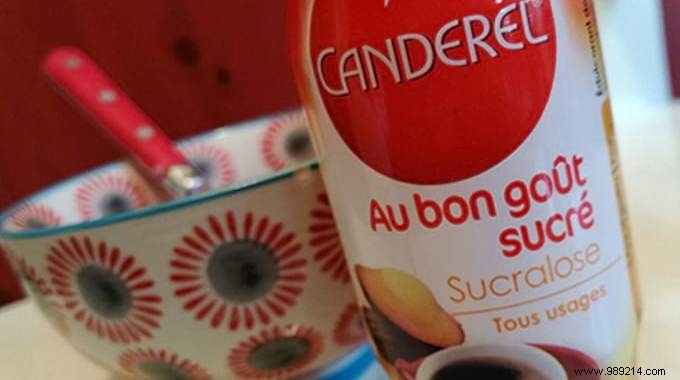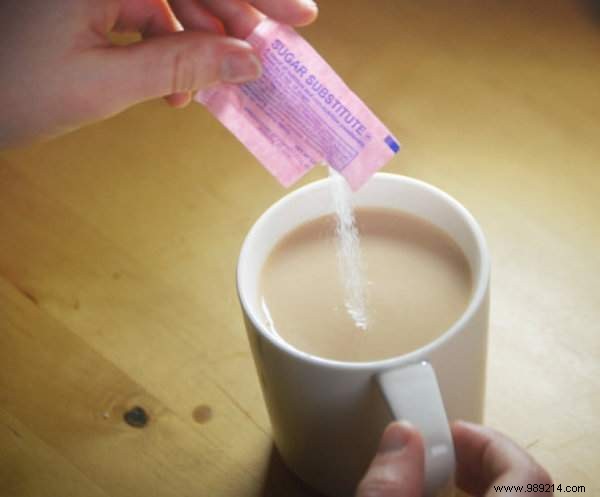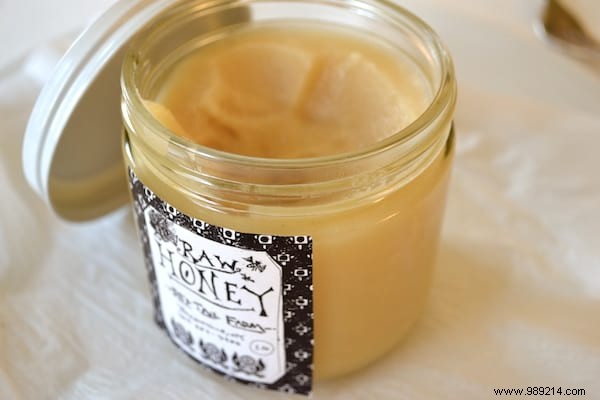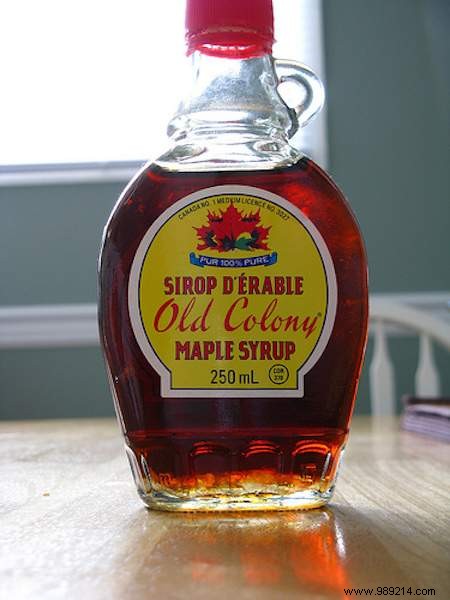
Today, people are increasingly aware of the dangers associated excessive consumption of refined sugar.
They therefore opt for natural sweeteners, as a substitute for sugar.
From sugar-free soda to Starbucks beverages to chewing gum, sweeteners have appeared in every product.
Many people choose these sugar alternatives thinking it's better for their health.
Unfortunately, the vast majority of these sugar substitutes are even worse than the sugar itself!

Whether you're cooking at home or trying to buy great products at the grocery store, it's important to know the right sugar substitutes and know which ones to avoid.
To avoid consuming substances that are harmful to your health and to choose the best sugar substitutes, follow this guide:

Authorized in France since 1988, aspartame can cause headaches and worse, an increased risk of heart attack and cardiovascular disease.
Aspartame is found in thousands of foods, especially sodas like Diet Coke.
Aspartame is responsible for 75% of adverse reactions to food.
Aspartame is also found in high-protein diet powders such as Slim-Fast, Milical, in Canderel products, in more than 500 drugs, in almost all light drinks and in many sweets (light chewing gum, Ricola ...).
Find here the list of foods and medicines containing aspartame.

Sucralose is also associated with harmful effects on the body, such as the destruction of the intestinal flora, essential for good digestion.
When cooked, sucralose releases toxic products and alters insulin responses and blood sugar levels.
Studies have also shown that sucralose consumption is linked to type 2 diabetes, obesity and heart disease.

Saccharin is a white crystalline powder 200 times sweeter than sugar.
Scientific studies have shown that rats that consumed this sweetener had a higher risk of developing bladder cancer.
Although this effect has yet to be fully demonstrated in humans, the Center for Science in the Public Interest continues to believe that saccharin is a dangerous sweetener that should be avoided at all costs.

Although it has been a very popular so-called "healthy" option for some time, agave syrup is actually very high in fructose.
This feature can put you at increased risk for heart disease, diabetes, and weight gain.
Since agave syrup contains more fructose than corn syrup, which is already very high in fructose, it can have a huge impact on insulin levels in your body.
It can wreak havoc on hormones and put you at higher risk for metabolic diseases.

Stevia is the main ingredient in sweeteners produced by brands like Truvia, Stevia, Guyapi.
This substitute has no effect on blood sugar levels.
It also improves insulin sensitivity, which helps the body better use glucose for energy.

Honey is not only a 100% natural product, but also has antibacterial properties.
This is all the more true in the darkest honeys.
Studies have shown that people who regularly consume honey lose weight more easily and reduce their body fat.
The molecular structure of honey is close to sugar, which also facilitates its digestion in the body.

With a taste similar to brown sugar, coconut sugar contains a range of antioxidants, vitamins and minerals that white sugar lacks.
This substitute also has a lower glycemic index than refined sugar, which stabilizes your blood sugar and insulin levels.

As a sweetener, pure organic maple syrup is another great natural alternative.
Provided, however, that it is not bottled corn juice, as is often the case when it is served with pancakes.
Pure maple syrup contains up to 54 antioxidant compounds.
It can help fight cancer, improve the appearance of your skin, and fight bloating, among other benefits.